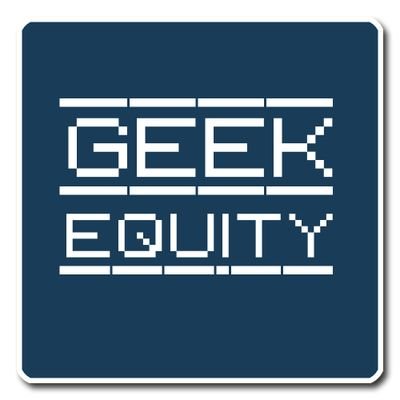When Heidi Carlone, Catherine Scott, and Cassi Lowder analysed classroom interaction, they noted that all but one of the research team ‘were White and all but one … were women’. Therefore, they used a strategy of seeking feedback from colleagues with ‘diverse professional and personal backgrounds’ to make sense of their data. Our question then is if we (as a research team) are geeky enough to understand our data to the fullest? In this post, Maria Berge reflects on how geeky we are in relation to a specific geeky subject: board games.
Some of us play board games
Since we live in three different cities we do, apart from having formal research meetings regularly, communicate with the help of WhatsApp. The following conversation is captured from a discussion on 28th December:
Researcher 1 (R1): I got this! [for Christmas]


Researcher 2 (R2): Looks a bit more geeky than this
Researcher 3 (R3): Haha you geeky people
R1: Carcassonne is not that geeky
Researcher 4 (R4): Aren’t all board games geeky?
R1: Nooooo! Some games are not geeky, like Monopoly, no geeky points for that
Why don’t I reveal who is who? Maybe so I can analyse us without hurting anyone’s feelings. Maybe because I have a strange sense of humour.
This interaction reveals several things about us as a group but also about board games. First of all, board games are considered very geeky: R3 called both R1 and R2 geeks just for receiving board games as Christmas gifts. In addition, R4 suggests all board games are geeky. R1 on the other hand wanted to relativise the geekiness of board games – with geeky points! As I argued in my post about The Big Bang Theory, geekiness is relative, and the same goes for our research team.
What makes a board game geeky?
For R1, it is time and money that make Gloomhaven geekier than Carcassonne. Carcassonne takes less than an hour to play. Gloomhaven on the other hand is based on about 100 unique ‘dungeon scenarios’ that each can take several hours to play. Gloomhaven is not something everyone plays and it is therefore easy to have missed it, unless you are ‘entrenched in the board gaming community’, according to CJ Ames.
Gloomhaven is a result of a Kickstarter campaign created by Isaac Childres. Childres had the goal of raising $70,000, but when the campaign ended, 4,904 people had signed on to back the game’s creation, contributing a total of $386,104.
When Gloomhaven finally arrived in the hands of those 4,904 backers 2016 the word quickly spread about the game’s size. The box itself is 41 x 29,5 x 19 cm and the weight is 8,8 kg. To play Gloomhaven takes about 300 hours playing time, not counting the time to learn the rules.
Are we geeky enough to understand our data?
Back to our conversation on WhatsApp.
R1 said that Gloomhaven is geeky but not Carcassonne or Monopoly. By doing this R1 positions themself as an ‘expert on board games’ as well as a geek. R3 and R4 positions themselves as less geeky or as non-geeks when they positioned R1 and R2 as geeks (that is an interesting aspect of positioning: that you always position yourself when you position someone else).
My analysis from this very short transcript is that we as a research team have both geeky members with R1 as the uber-geek in one corner and R3 and R4 as less geeky characters in the other.
However, R1 does not accept the title expert.
“No I’m not an board game expert, I don’t play enough. I play Gloomhaven, but I have not finished it yet, it takes a lot of time! I would not consider myself a board game geek! That is when you but plastic sleeves on your cards, my friends do that, because you care that much about the board game. Actually, I bought my first plastic sleeves last week, for Gloomhaven…”
If R1 is a geek or not depends on who you ask, I’ve heard both ‘probably not’ and ‘definitely yes’. Remember that how you position R1 is telling something about your own position.
To sum up, we have some geeky capital related to board games in our research group, especially when we count in R1’s friends. However, like Heidi Carlone and her group, we might need and will seek feedback from other people with ‘diverse professional and personal backgrounds’ to make sense of our geeky data.


Pontus Bylund
Skulle vilja addera lite till R1 beskrivning av BGGs. Det finns ju subkulturer inom brädspelandet. En del spelar t ex uteslutande simuleringar av kända krigsslag (Slaget om Ardennerna, Östfronten 1941, etc) emedan andra bara spelar Zombie-spel eller Eurogames. När ett fenomen når punkten att det skapas (flera större) subkulturer så blir skalan om hur insnöad man är mer diversifierad. Har man ingen aning om alla avarter (haha) av brädspel som finns så framstår ju allt bortom Fia med knuff som extremt nördigt. Finns tydliga paralleller mellan BGGs och MÖPar* i det att det alltid finns någon som grottat ned sig ännu längre i fenomenet. 🤣 *MilitärtÖverintresseradPerson(-er)